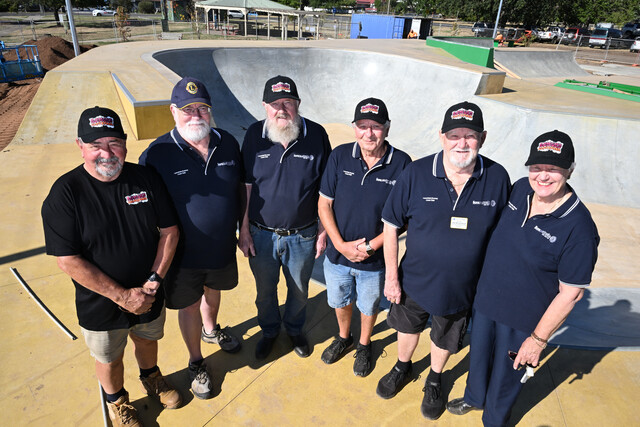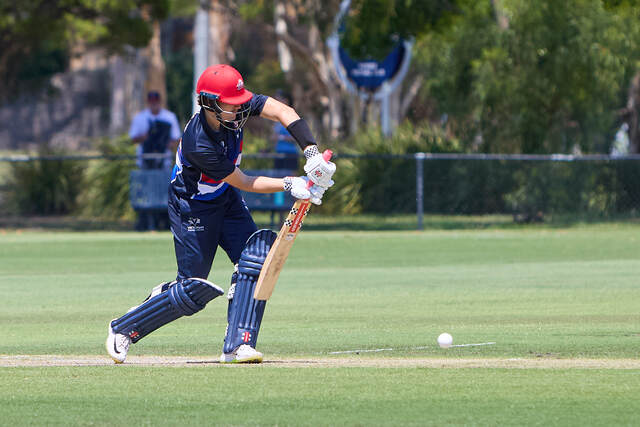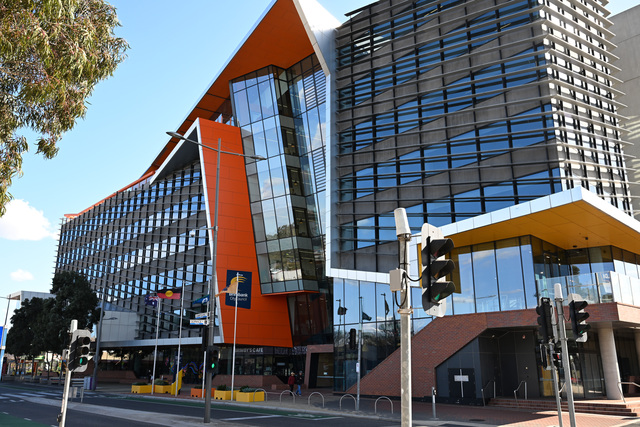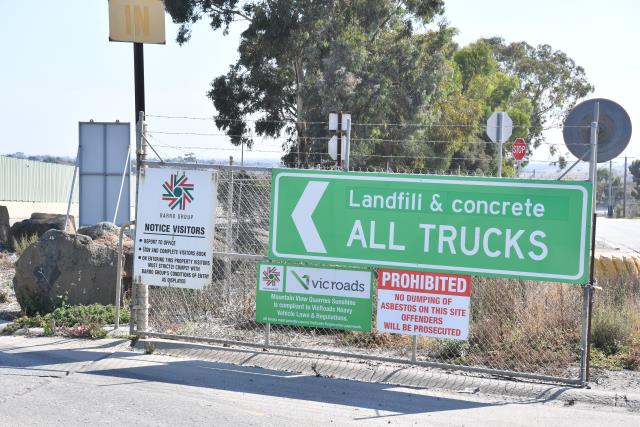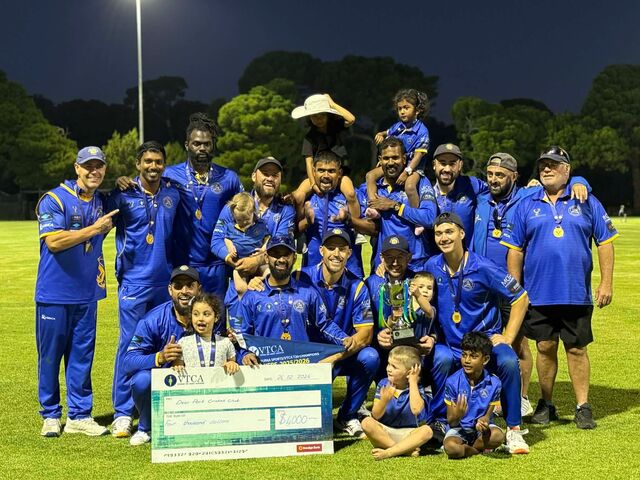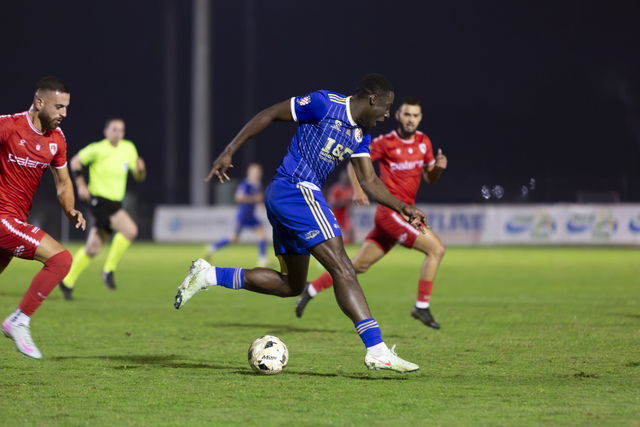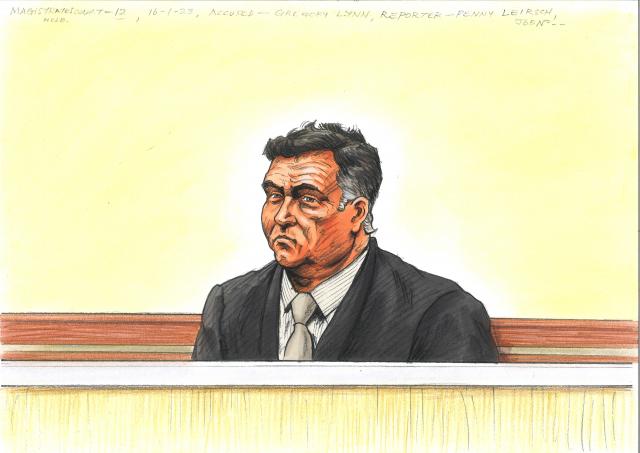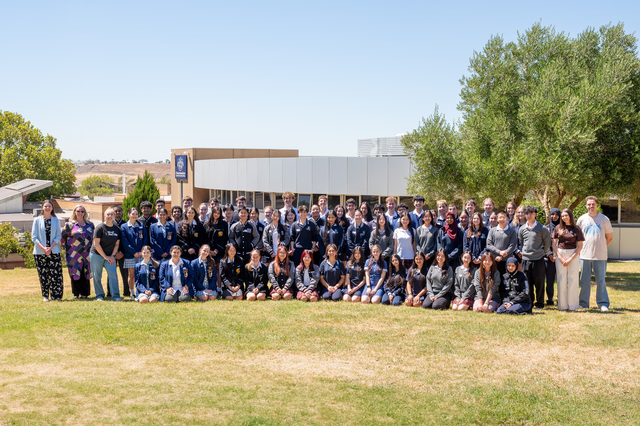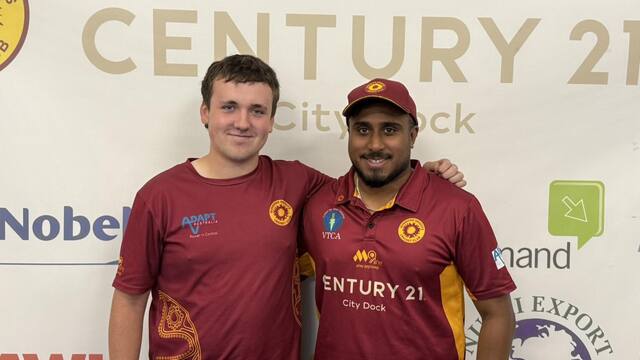If the Brazil v Germany semi-final was a magical, illogical and inexplicable display of how football can deliver the completely unexpected, then Argentina’s clash with The Netherlands reverted back to football’s norm.
It was tight, it was tactical. No quarter was asked, nor none given. Few chances were made, none accepted, and defenders were the game’s stand out performers.
In those circumstances it was hardly surprising that it went to penalties. Argentina kept their nerve, The Netherlands didn’t and now the men in light blue and white progress to Sunday’s (Monday AEST) final in Rio against the Germans, a repeat of the 1990 decider when the then West Germany were successful. So Lionel Messi gets the chance to emulate two of the other greats of the world game, his countryman Diego Maradona and Brazil’s Pele, and lead them to a world title.
You have to have regular games, matches in which the script plays out roughly as expected, to make encounters like Germany and Brazil stand out for their drama and sheer unbelievable quality.
This was never going to be like the goings on in Belo Horizonte 24 hours earlier. Even the grey, lowering skies that settled over Sao Paulo from the early afternoon onwards were a harbinger of gloom.
As if for confirmation, a glance at the Dutch team-sheet showed that this was always likely to be a war of tactical attrition, of punch and counter punch, than the sort of comedy capers shootout that Brazil had allowed Germany to amuse themselves in.
Dutch coach Louis Van Gaal has got his tactics pretty much spot on all tournament and been blessed with some good fortune when his side has needed it most. Sometimes the game is not all about gun ho attack; sometimes its about adjusting your tactics to suit the circumstances and the task at hand.
This time the Dutchman set his stall out to frustrate and shut down an Argentina which possessed, in Messi, the man with claims to being the best player on the planet.
So the Oranje turned up with a back five and a defensive midfielder in Nigel De Jong whose toughness is legendary, not to mention his reputation for rough play following his ridiculous foul on Xabi Alonso in the 2010 final the Dutch lost to Spain.
Some might have called the opening half boring, while others, revelling in the nuances of point and counter point, would have seen a beauty in the minutae of the tactical contest.
Suffice to say that for the Dutch, it worked. Messi, who has virtually carried Argentina all World Cup, was kept relatively quiet by the orange press, harrassed and civvied every time he went near the ball, with Bruno Martins Indi a particular offender.
It was just as well for Argentine coach Alejandro Sabella that, having been a little involved supporting cast to the Messi show for three and a half weeks, his bit-part players started to show more enthusiasm and involvement, at least in the first half.
Gonzalo Higuain had made his first serious intervention in the tournament when he scored the winner against Belgium, and he certainly stepped up here, as did the likes of Ezequiel Lavezzi, Enzo Perez and Lucas Biglia.
But the stifling Dutch, although showing little initiative of their own – potential matchwinners Arjen Robben and Robin van Persie were virtually invisible – continued to hold firm.
Van Gaal, presumably fearing another card for Martins Indi, replaced him at the interval with Darryl Janmaat, but the pattern remained broadly similar.
Messi’s attempt to drive through the heart of the Dutch defence was stopped by a Ron Vlaar tackle and it was symptomatic of the Argentine talisman’s 90 minutes that he could make no headway against a well organised Dutch rearguard.
At one point, when Higuain rose to meet Lavezzi’s cross, there were five Dutchmen in the penalty area and just the solitary Argentine front man.
Turkish referee Cuneyt Cakir was showing remarkable leniency as some of the challenges became red blooded with the clock ticking down towards the 90 minute mark. Neither side wanted to surrender the initiative in normal time as the rain teemed down.
Robben was denied in stoppage time by a terrific sliding challenge from Javier Mascherano and the game headed, inexorably, into extra time, as always seemed inevitable when two of the best players on the pitch were defenders, Vlaar and Macherano.
The Netherlands now began to show far more enterprise , getting forward on the flanks with Robben looking to run at defenders. Van Persie made way for Klaas-Jan Huntelaar, meaning there would be no repetition of the goalkeeper substituting stunt Van Gaal had employed in Holland’s last game, the shoot out win over Costa Rica.
Argentine substitute Maxi Rodriguez’s shot was easily dealt with by Cillessen after a Rodrigo Palacio header was held by the keeper and penalties provided the inevitable conclusion.
In the end it came down to penalties. The Dutch had already used all their substitutions so quarter-final hero Tim Krul stayed on the bench. Vlaar and Wesley Sneijder both had their spot-kicks saved by Argentina keeper Sergio Romero. Rodriguez stepped up to score the winning penalty for the Argentines.




